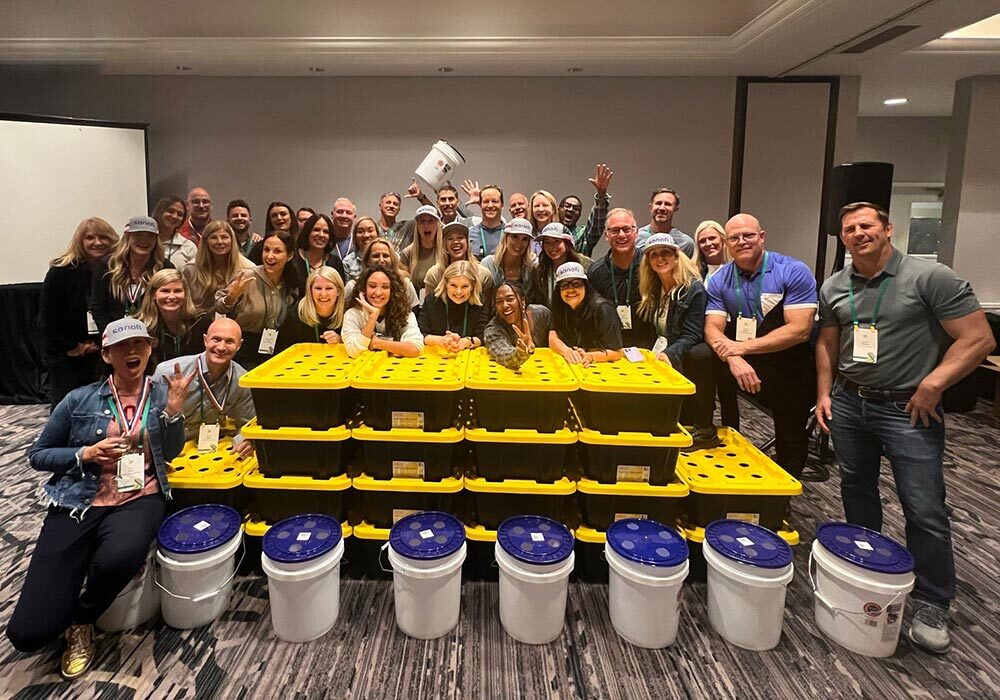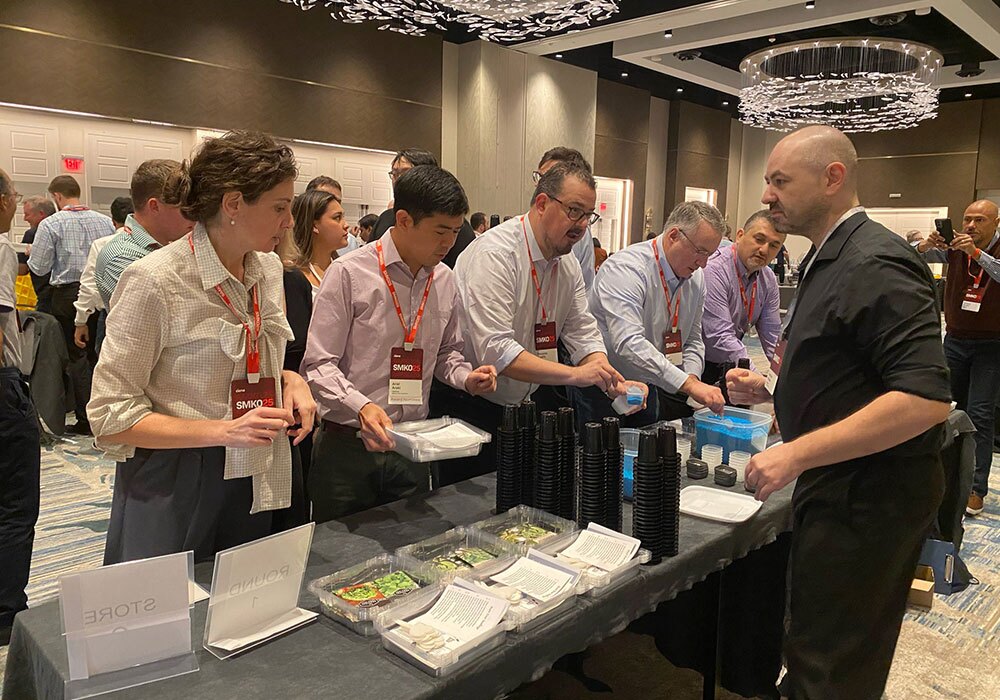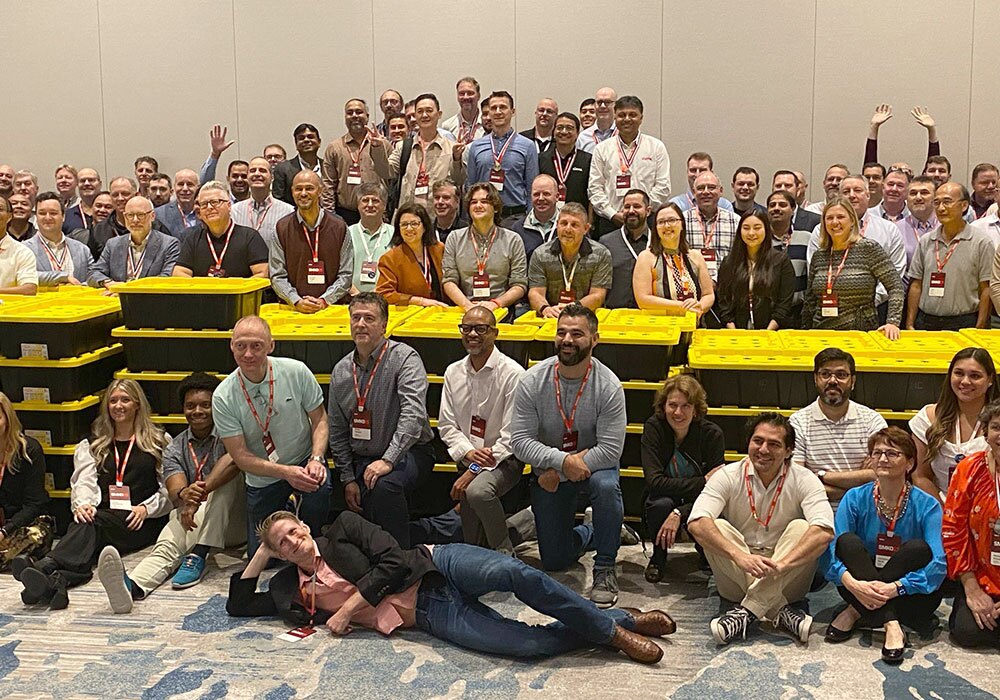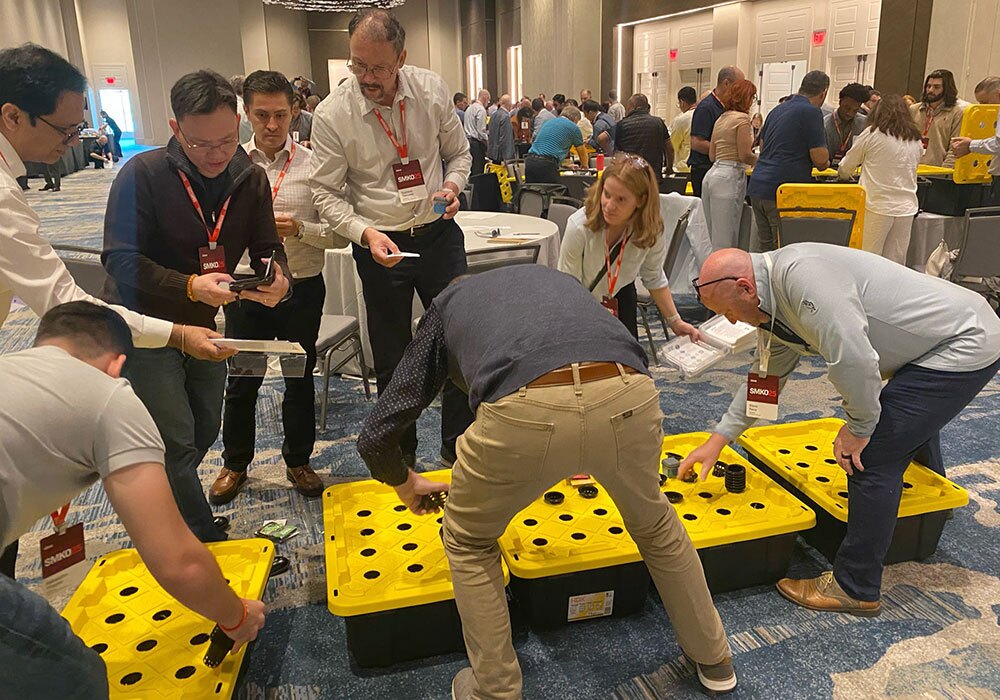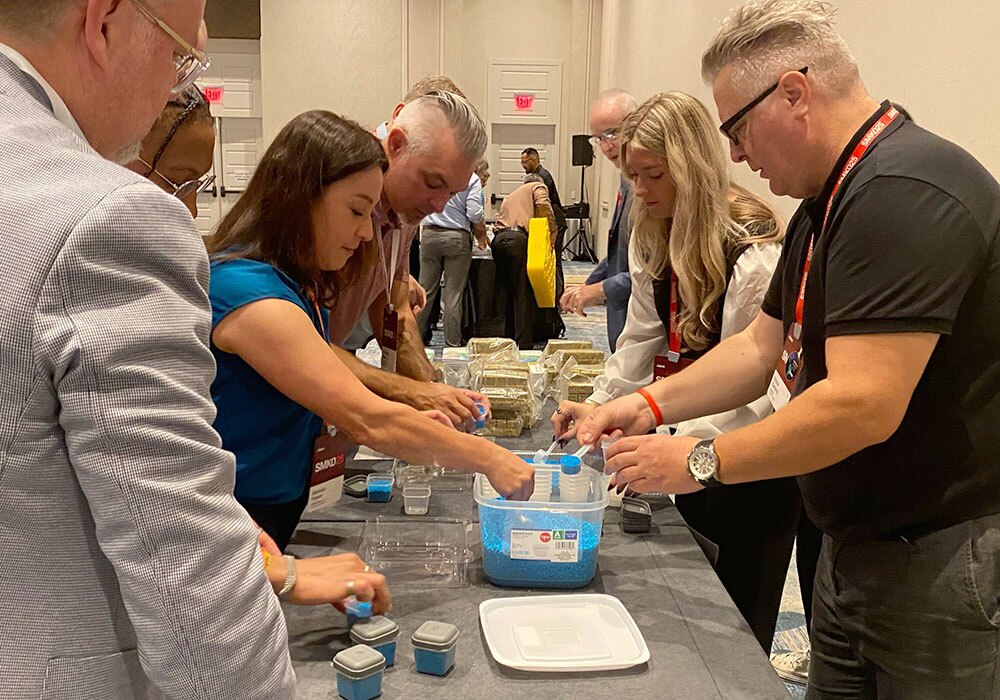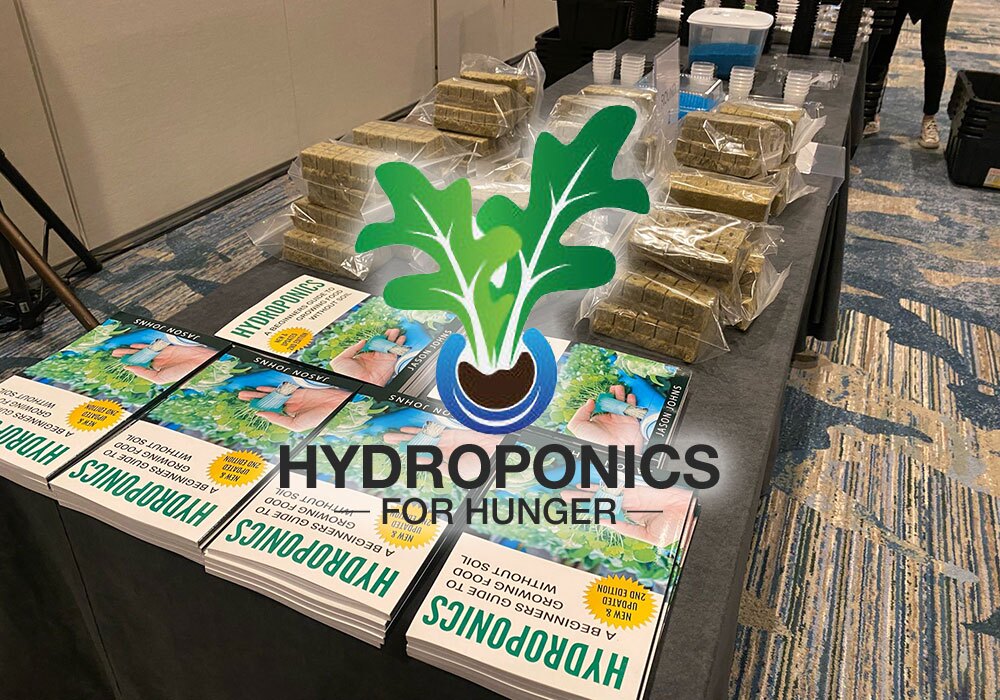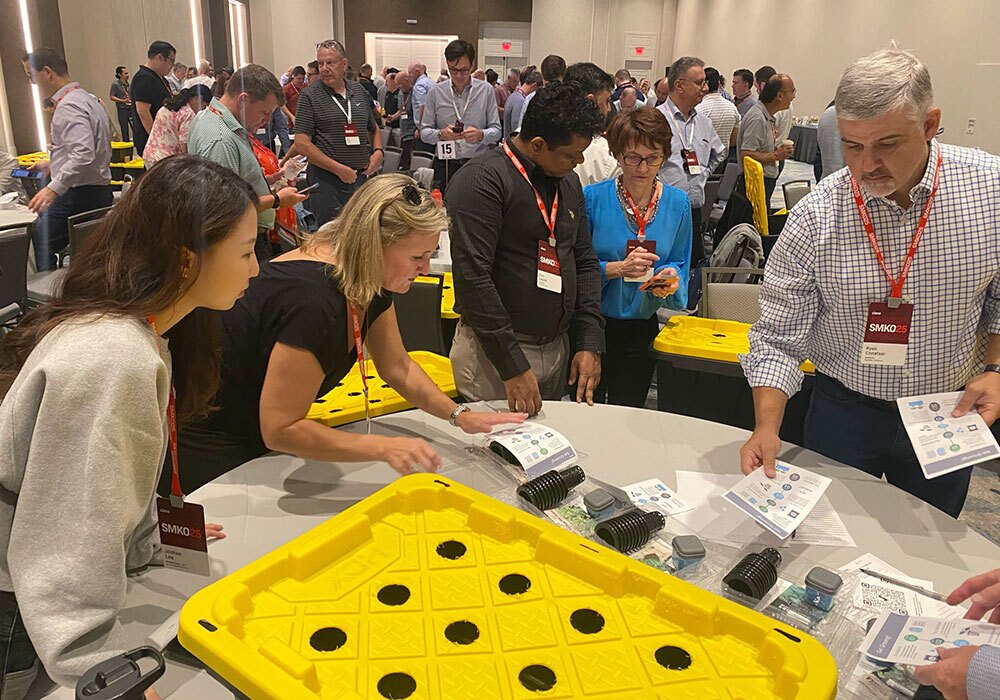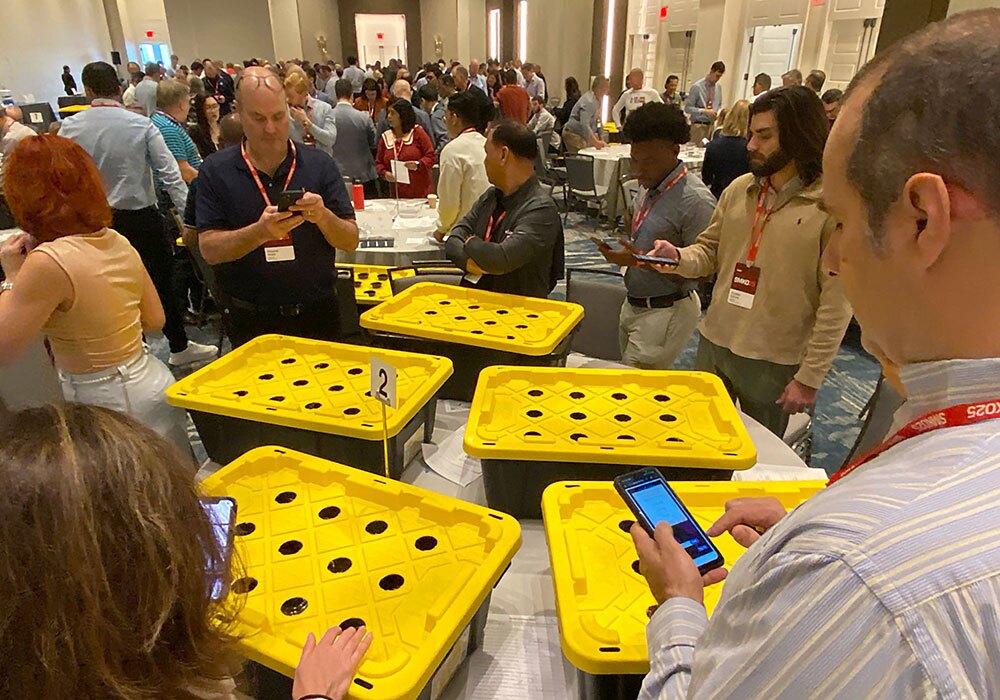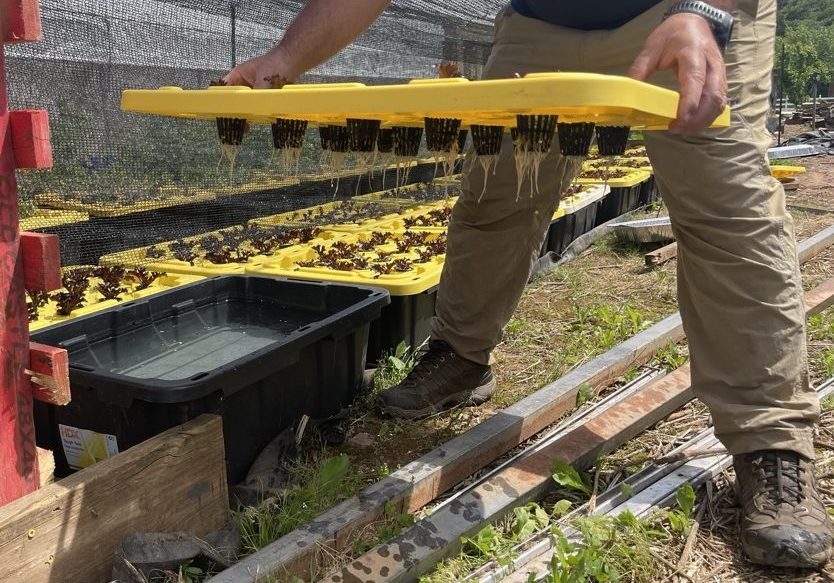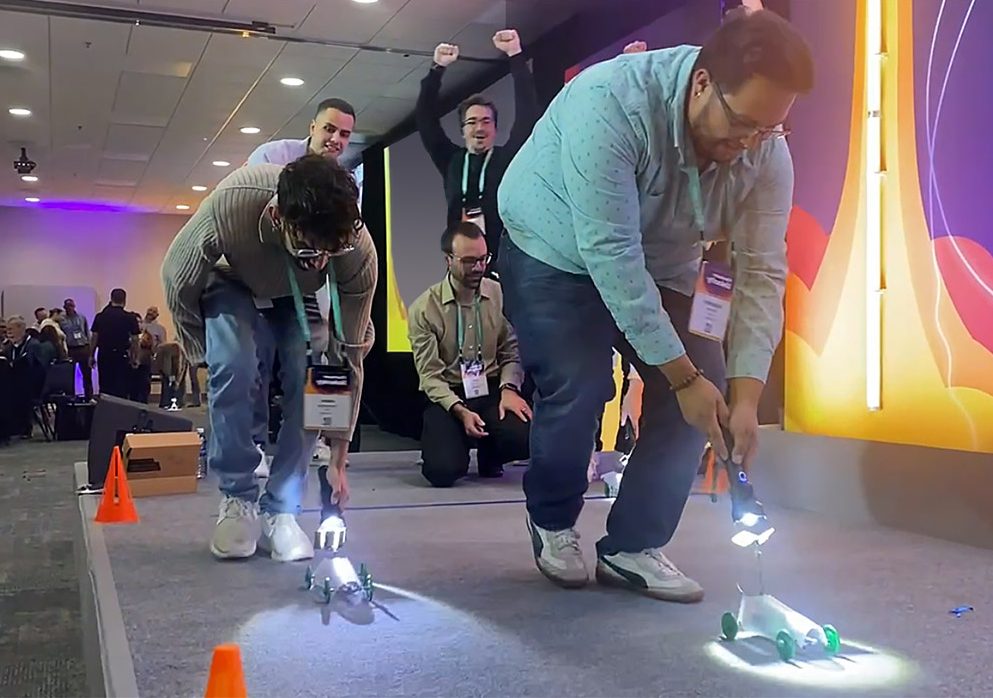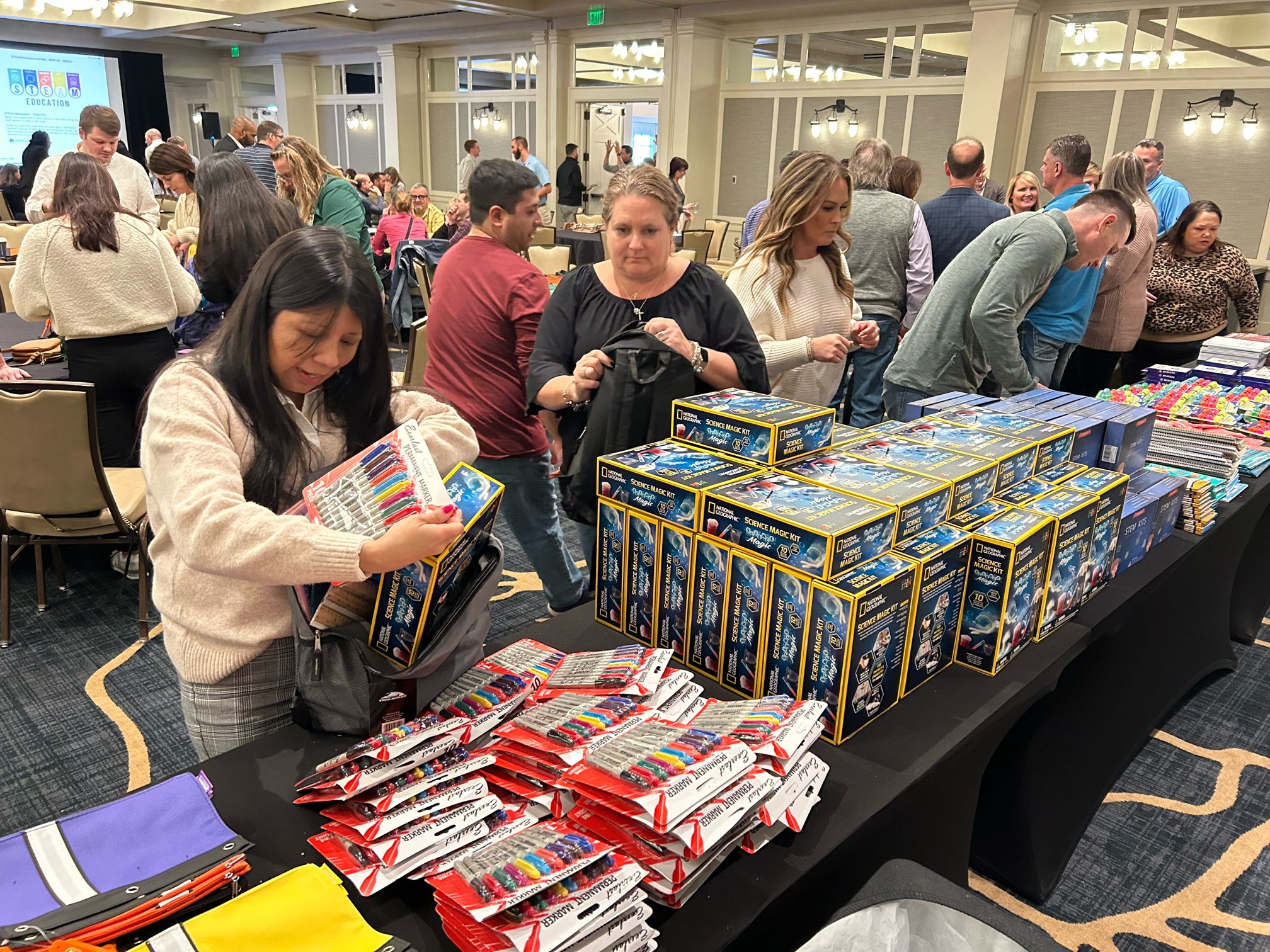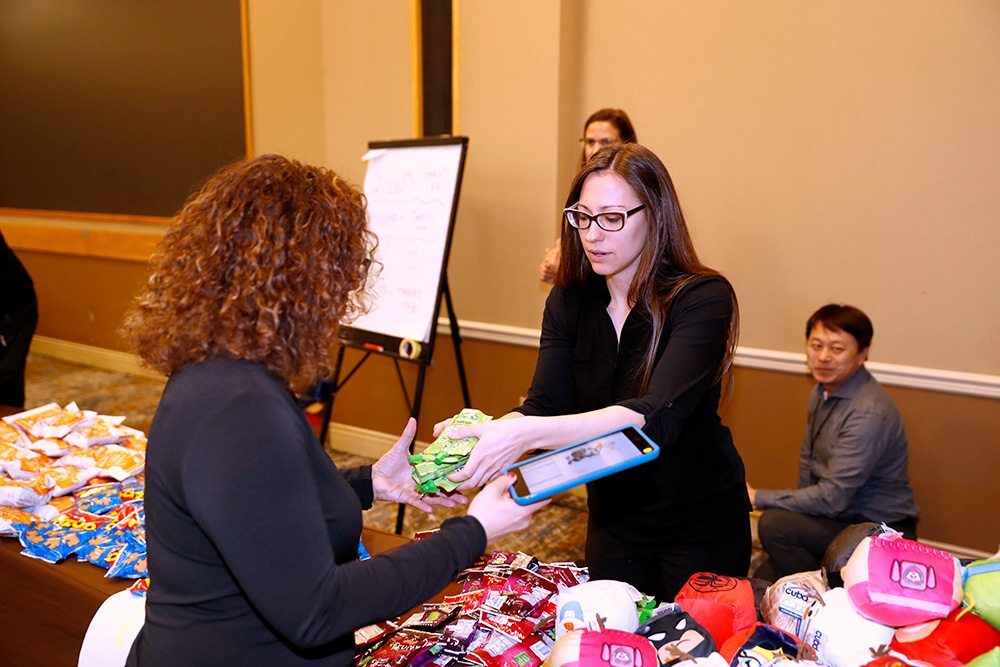Hydroponics for Hunger is a wonderful, eco-conscious charitable program that will have your group learning about healthy foods as nutrition and medicine while completing a fun series of trivia and photo and video challenges. Amazingly, all of this fun will culminate in the assembling and packaging of hydroponic (soil-free!) gardening kits to be donated to communities and organizations for growing their very own healthy vegetables and herbs!
This program was developed based on numerous requests to address the need for healthy food access for low-income communities and a variety of organizations throughout the country. With water, plastic containers, and a few tablespoons of the proper fertilizer, recipients are gifted with the knowledge and simple skills necessary to grow and harvest healthy foods in almost any location! After each growing season, the containers are easily cleaned, and the vegetable growing season is repeated year after year!
Program Agenda
This engaging experience begins with fun trivia, photo, and video challenges that encourage teamwork and friendly competition. As teams earn materials through these activities, they prepare to assemble and package hydroponic gardening kits using sustainable, user-friendly components.
Each team will build a 14-gallon non-circulating hydroponic system complete with a water container, net pots, fertilizer, and seeds. These kits are ideal for small spaces and perfect for donation to schools, hospitals, food banks, shelters, and other organizations in need.
Unlike one-time donations, this eco-friendly team building activity creates lasting value. Recipients are provided with everything they need to maintain their gardens season after season, empowering them to grow nutritious vegetables and herbs on their own.
To elevate the experience, a representative from the selected charity may attend the event to share their mission and explain how the kits will directly benefit their organization and the local community. This personalized connection reinforces the importance of giving back through meaningful, eco-conscious initiatives.
Program Outcomes & Takeaways
- Hands-on learning about sustainable food systems
- Encourages cross-functional collaboration and creativity
- Fosters team engagement through purposeful giving
- Leaves a lasting impact on communities in need
- Promotes ESG and CSR values
Program Customization
- Custom-branded kit materials or instruction guides
- Themed trivia rounds or video challenges
- Selection of local charities by region or industry
- Option to add educational info on hydroponics and food equity
Ready to make a sustainable impact while bringing your team closer together? Book your Hydroponics for Hunger experience today and grow something meaningful.
To ensure a great experience, aspects of this event may be modified for your group size, group makeup, time available, and other variables.

